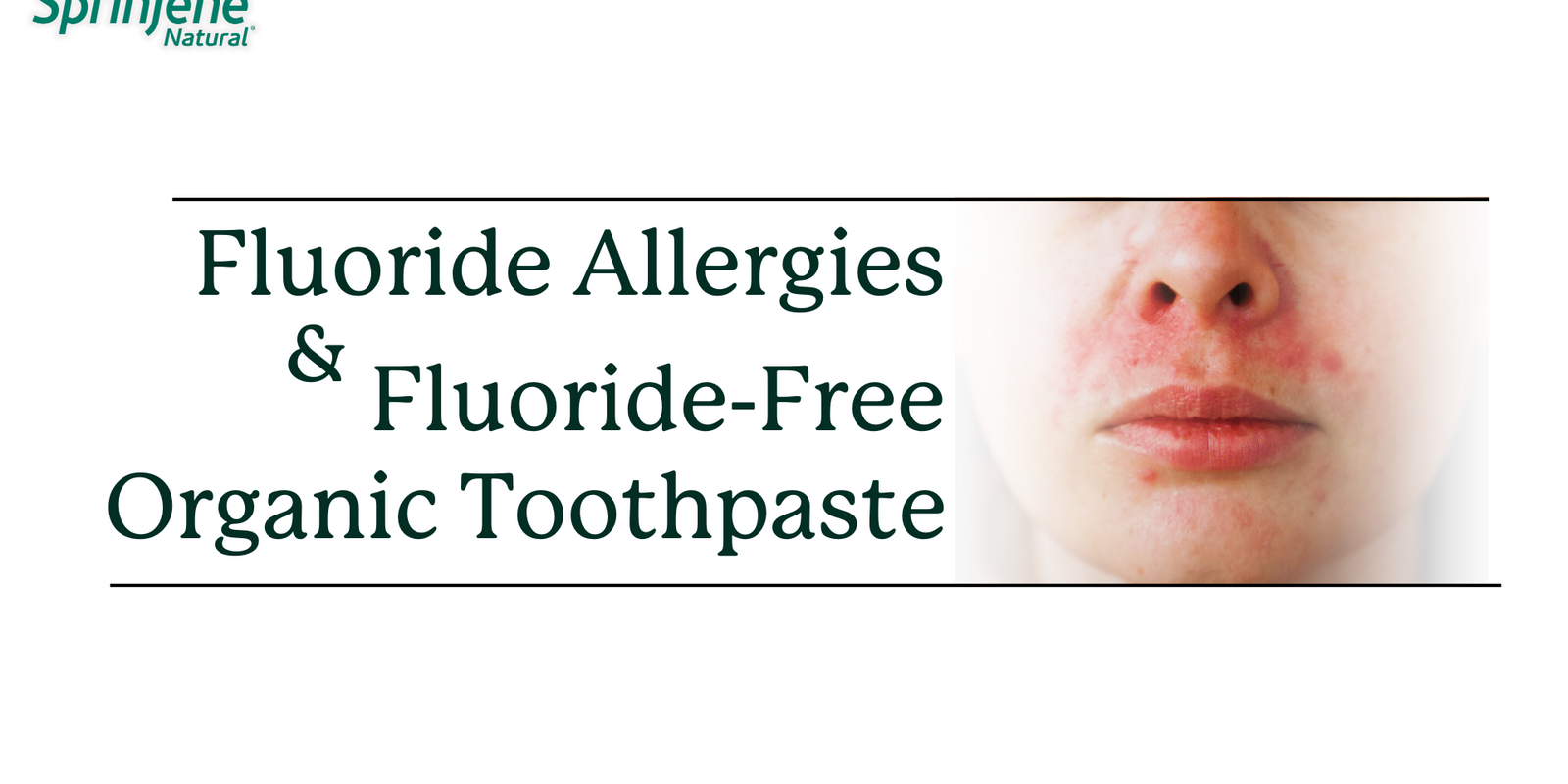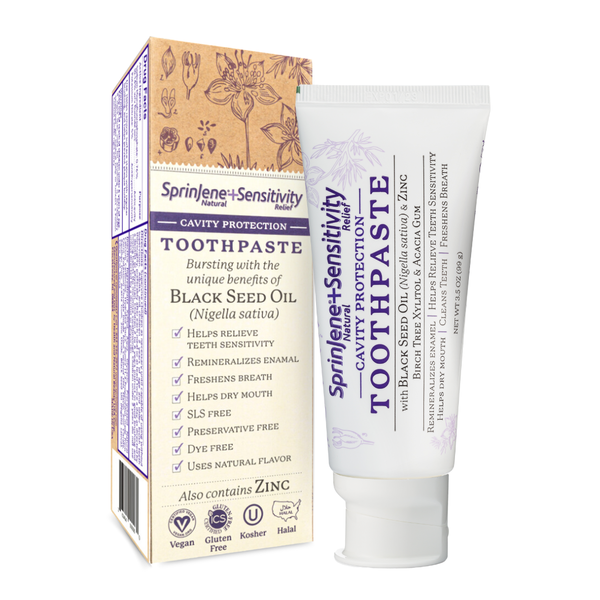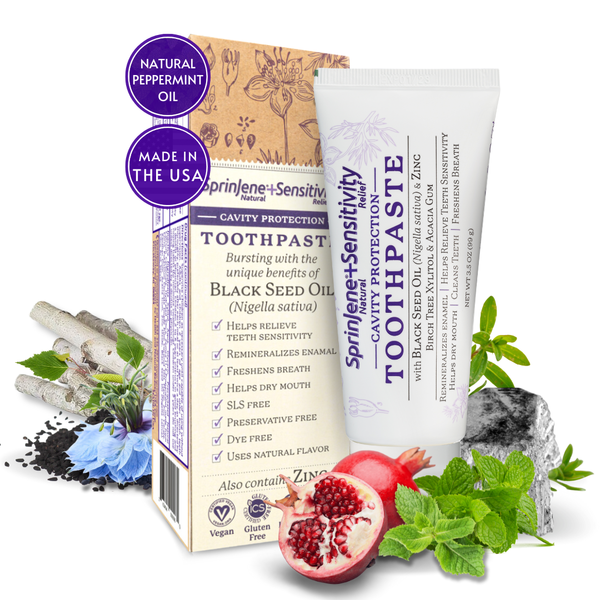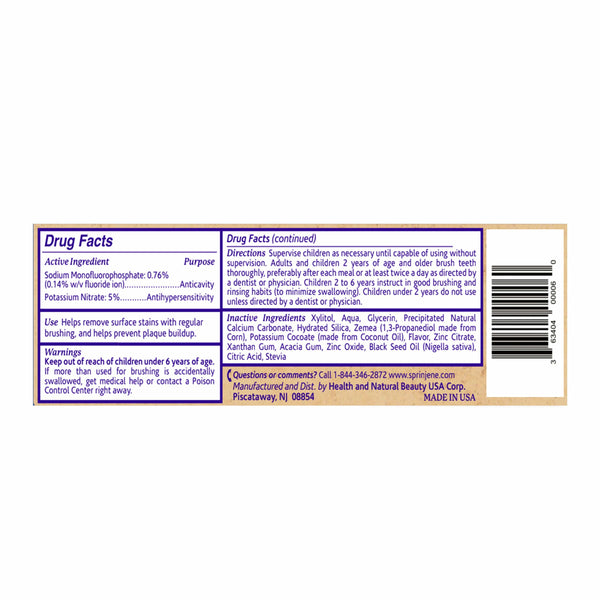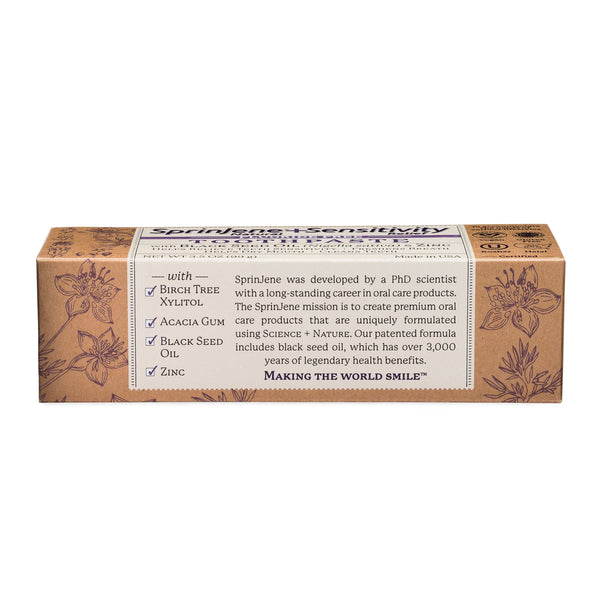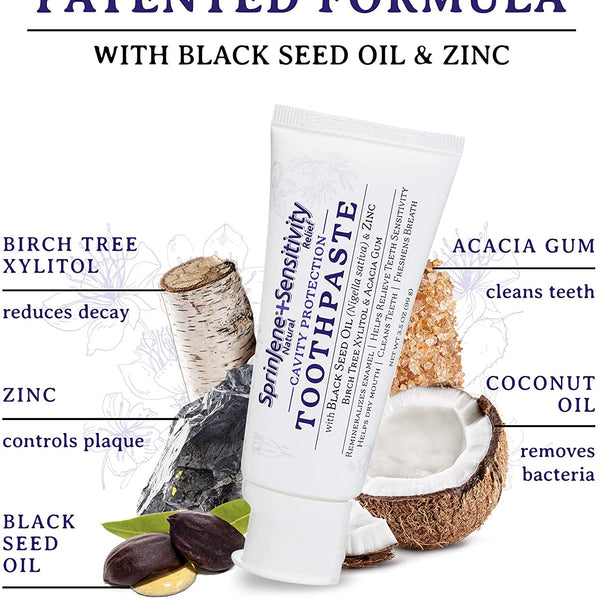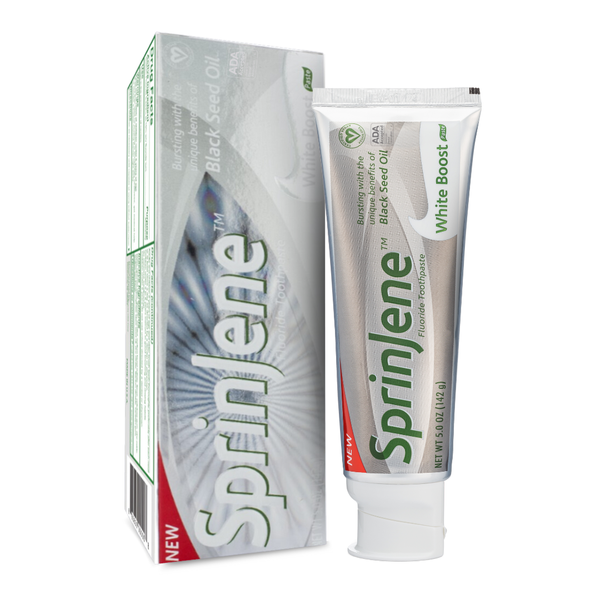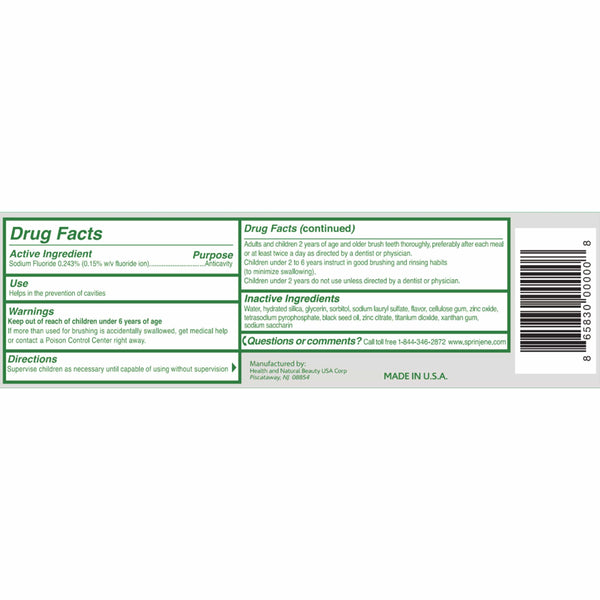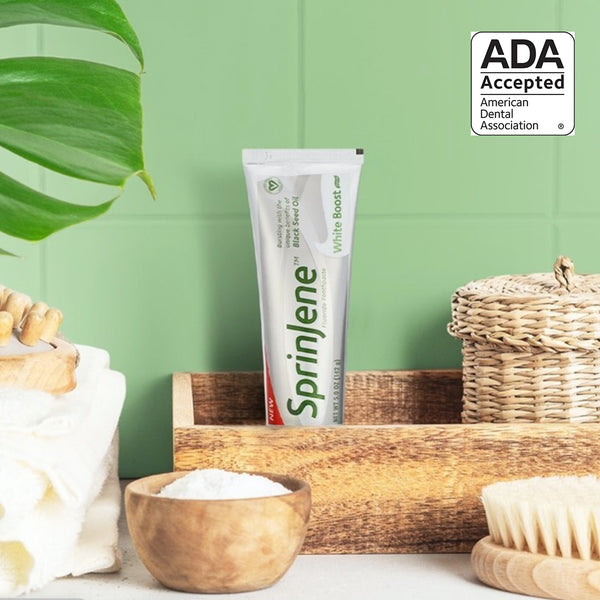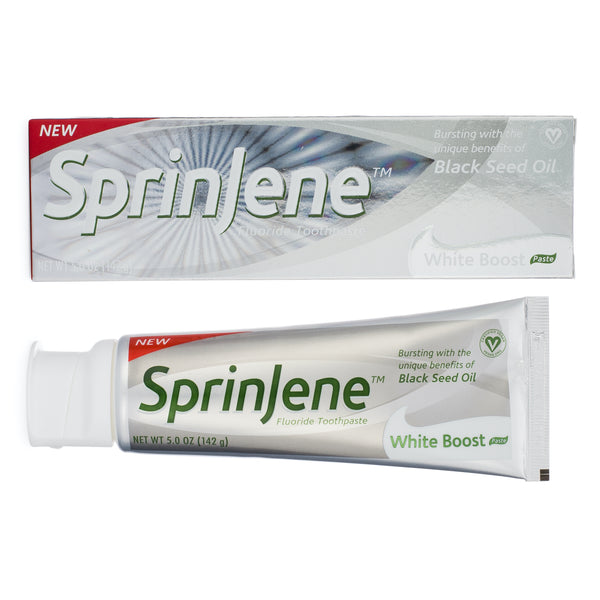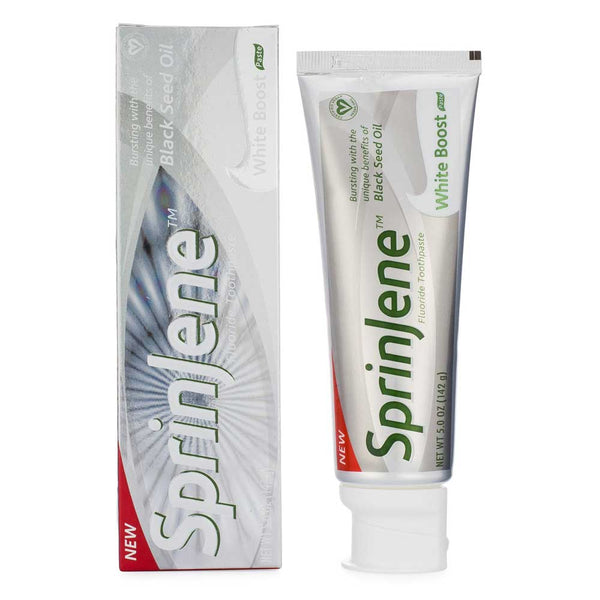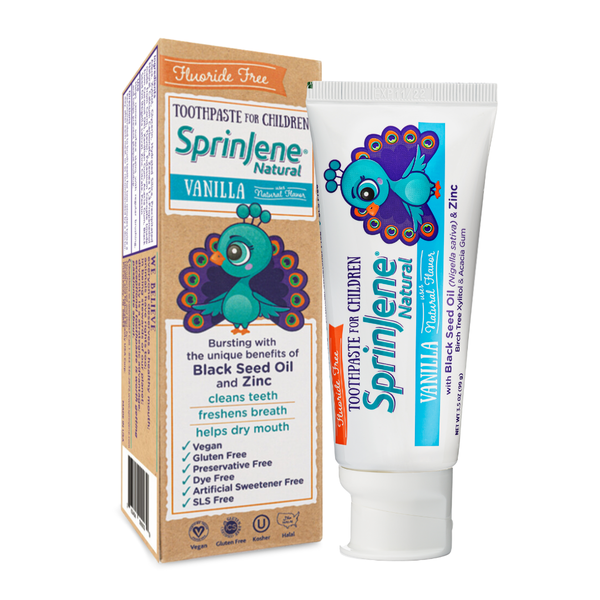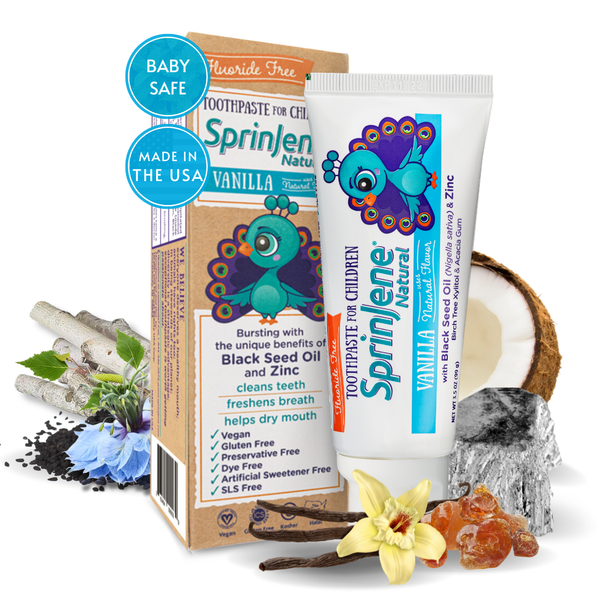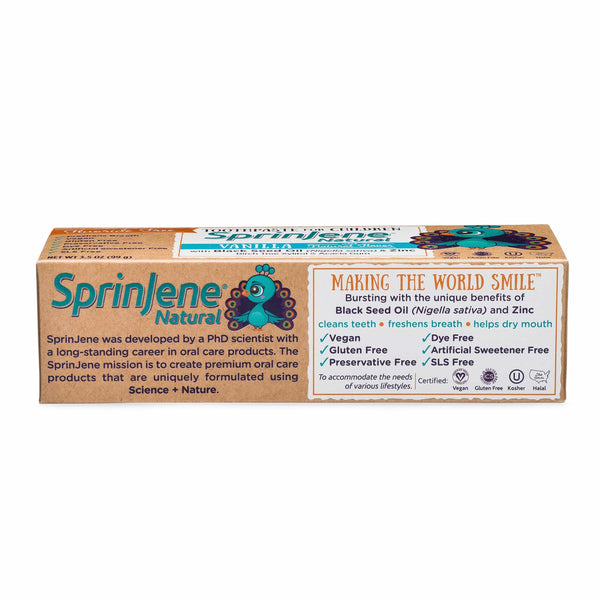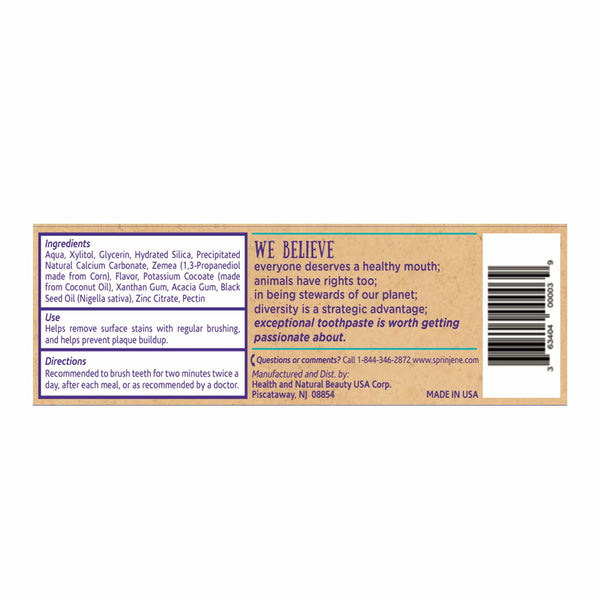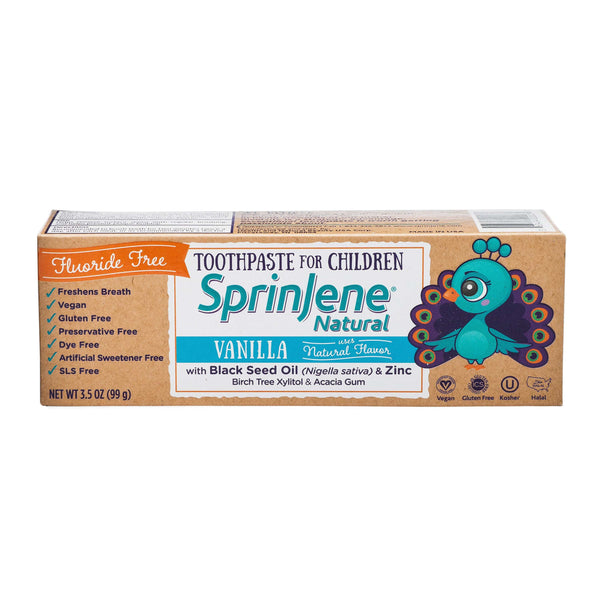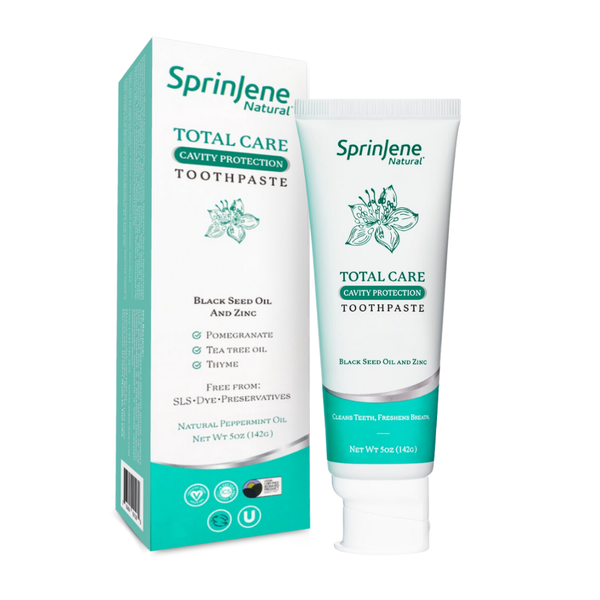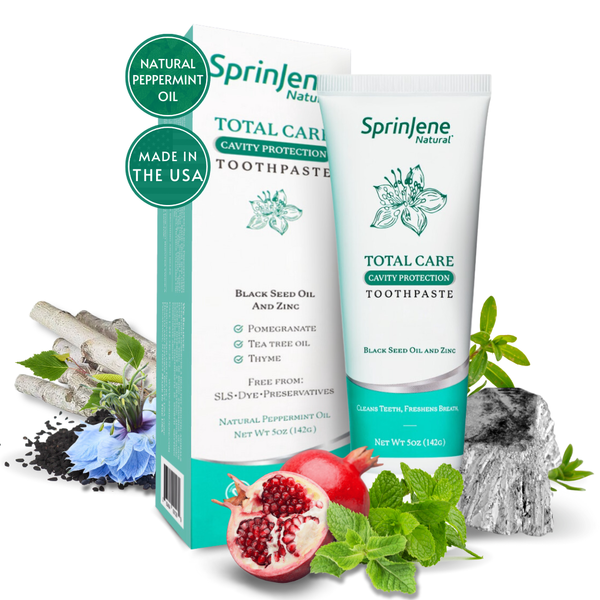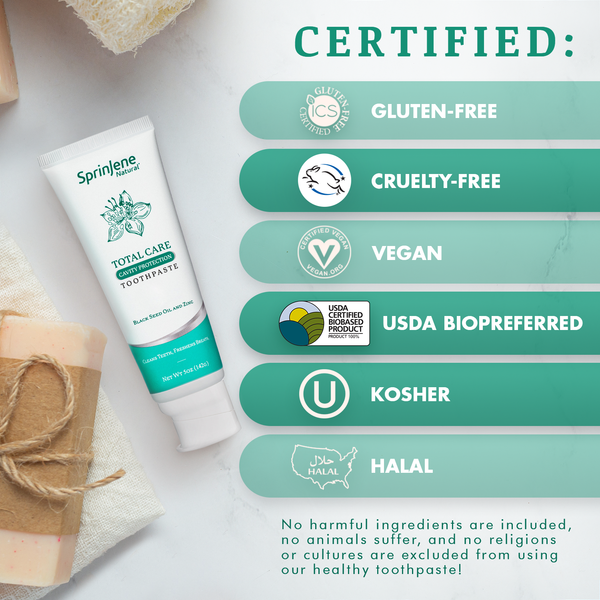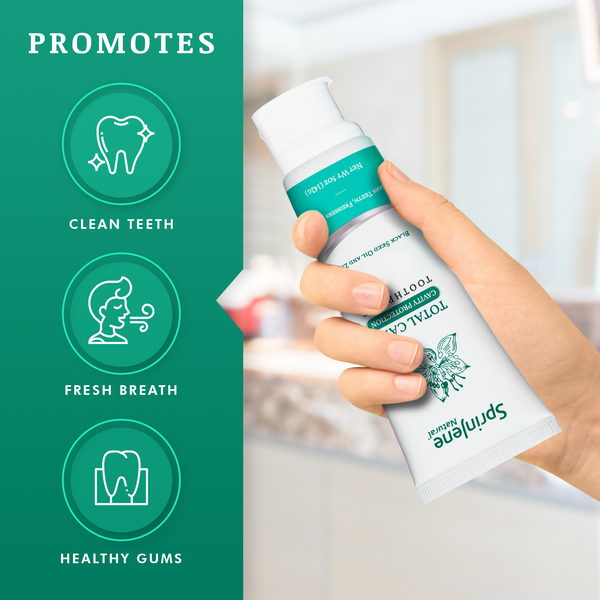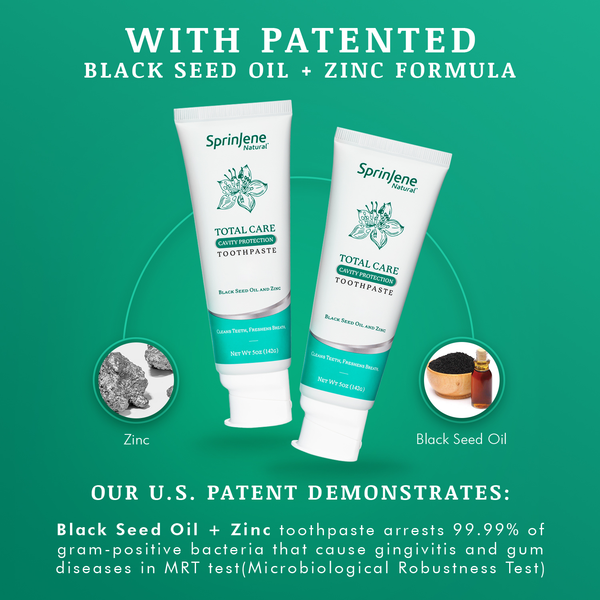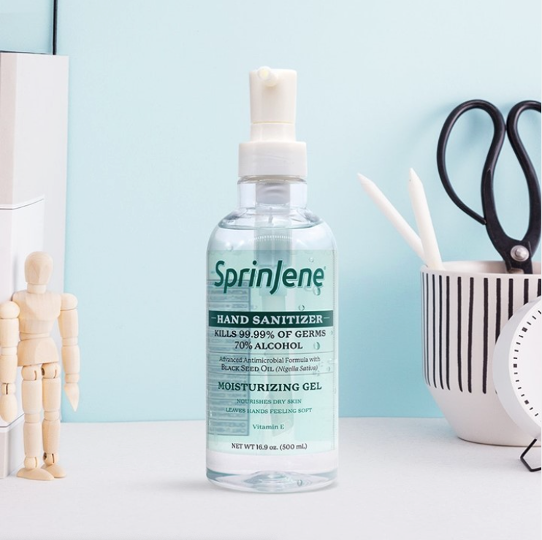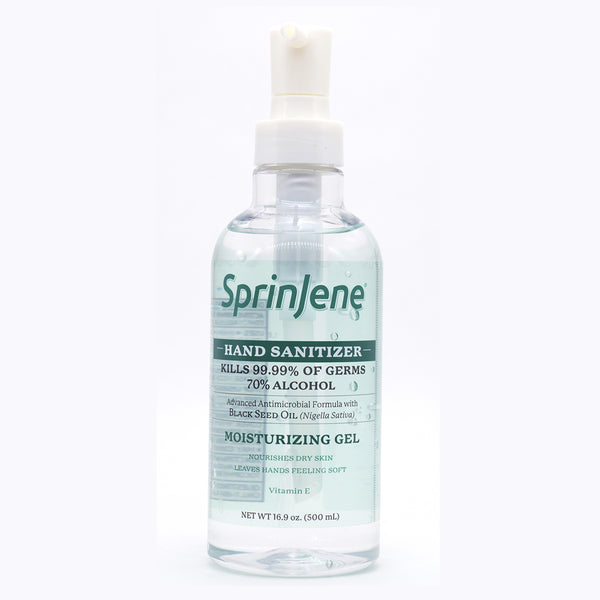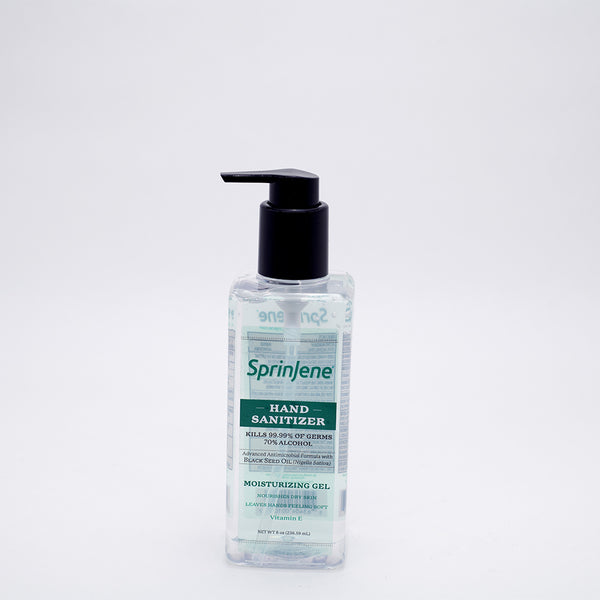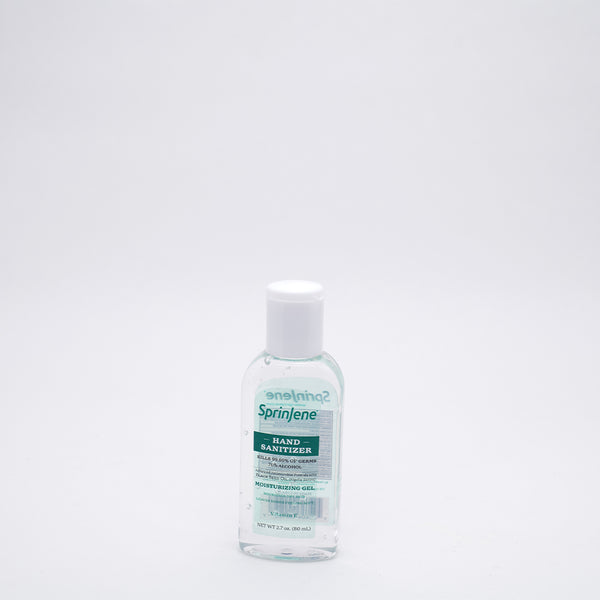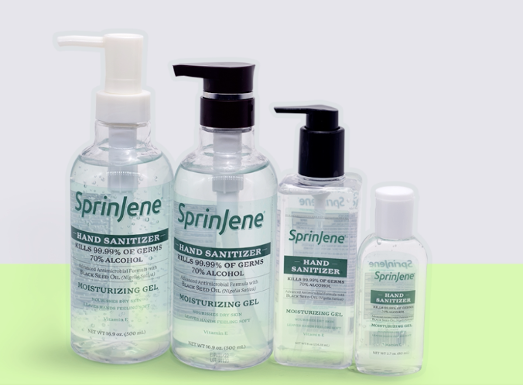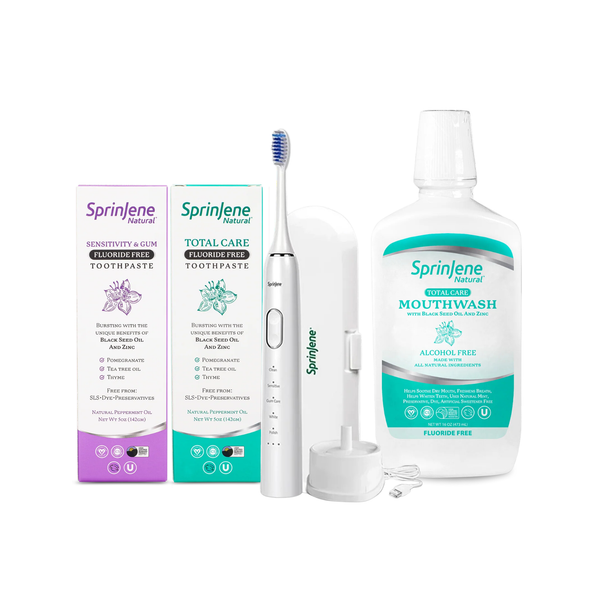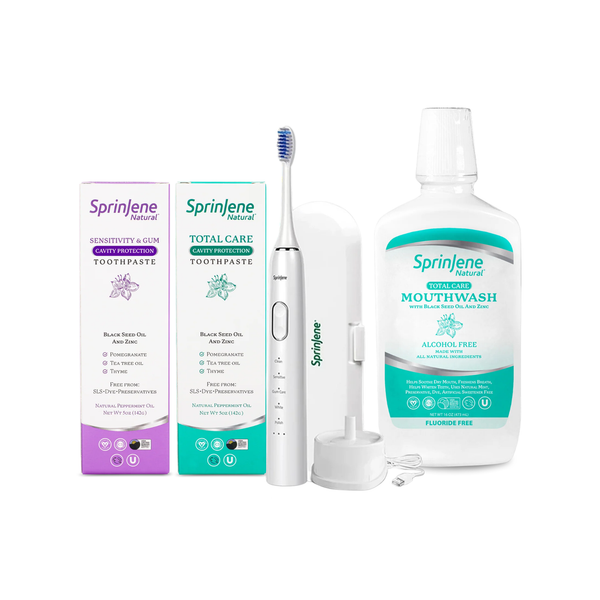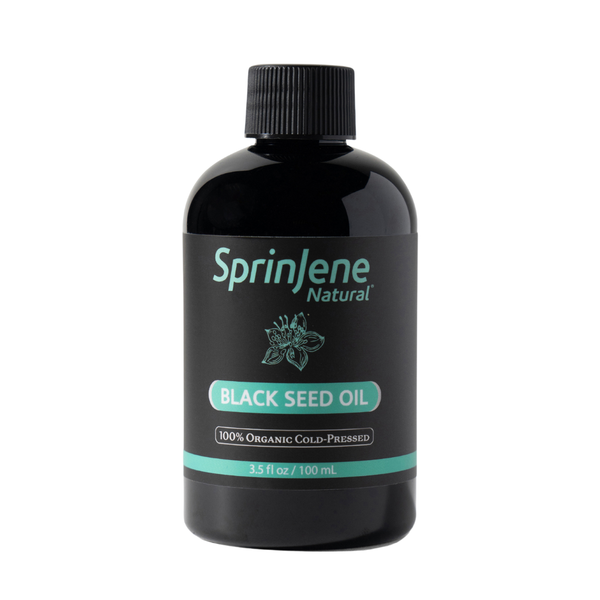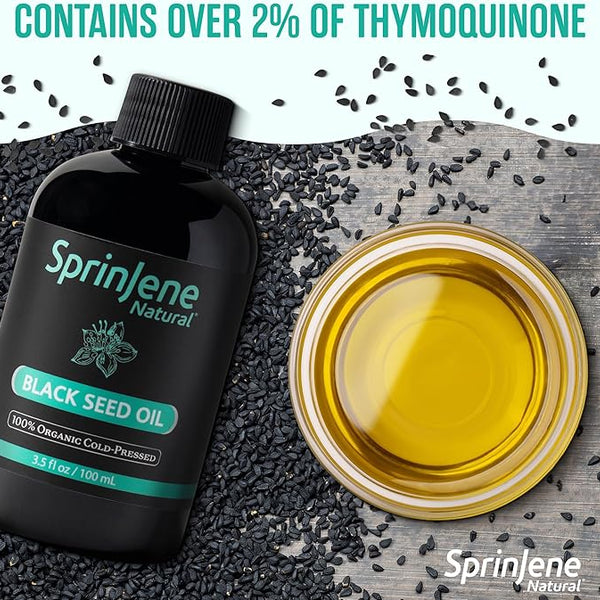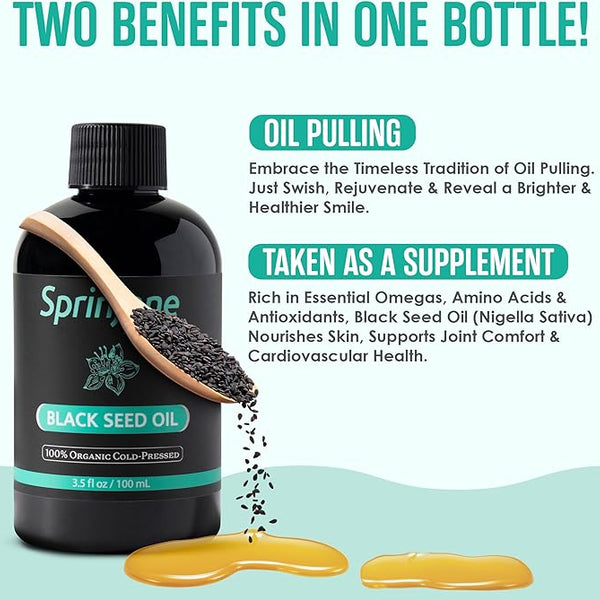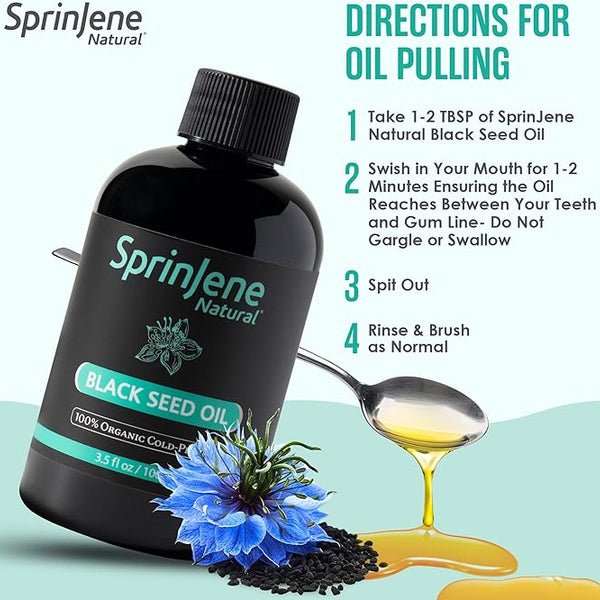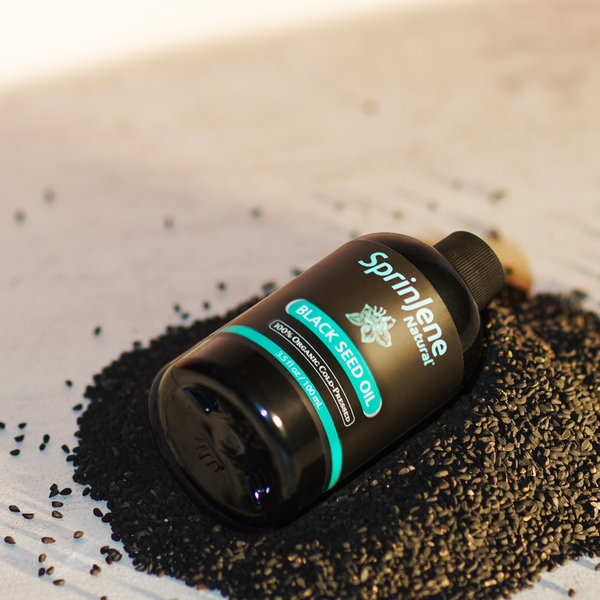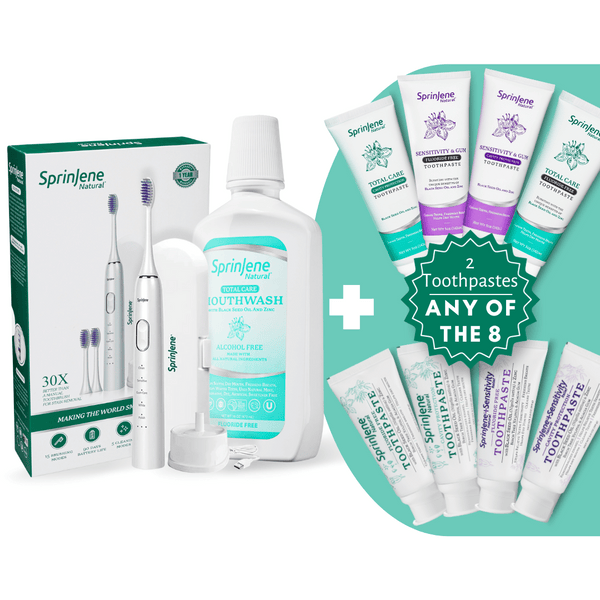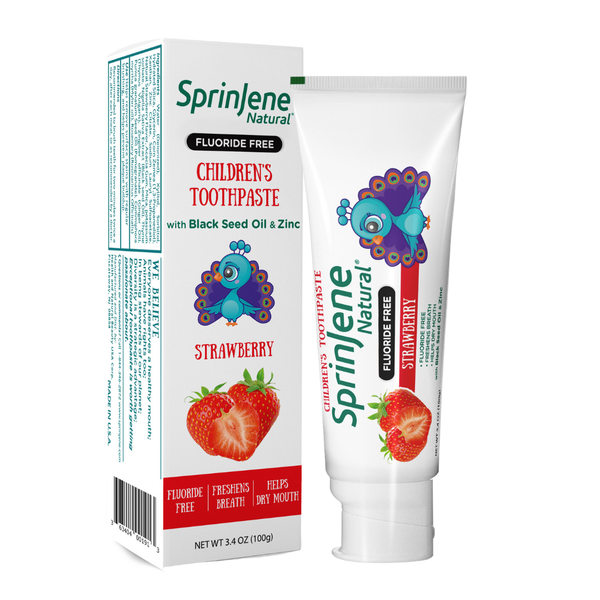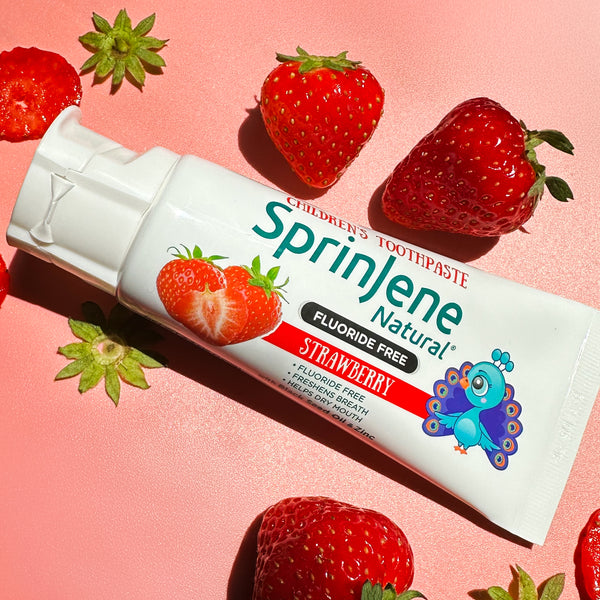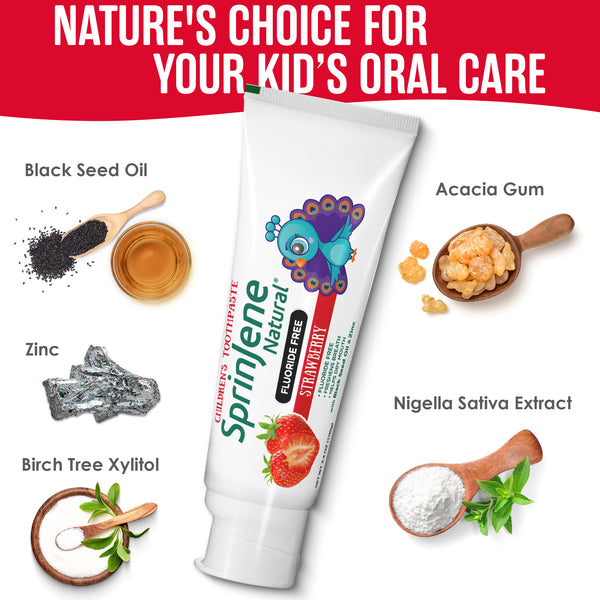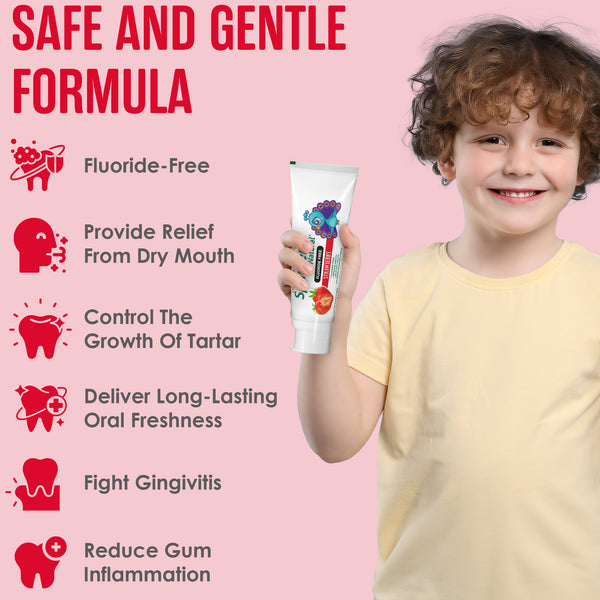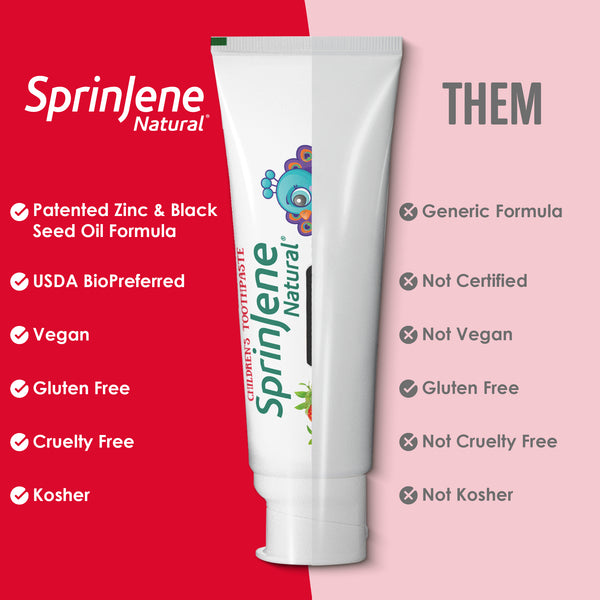Not many people have allergies to fluoride, but for those who do, it can affect them a lot. While fluoride is a naturally occurring mineral known for its oral health benefits, including its usage in toothpaste to fortify teeth against decay, certain people can experience allergic reactions[1] ranging from mild discomfort to more severe symptoms.
Signs and Symptoms of Fluoride Allergy
Fluoride allergy symptoms manifest in various ways, such as skin rashes, hives, itching, and swelling. In more severe cases, individuals might encounter breathing difficulties or chest tightness, which, if left untreated, can be life-threatening. Fluoride allergies can also cause gastrointestinal symptoms such as nausea, vomiting, and diarrhea.
The Common Source: Toothpaste
Toothpaste serves as one of the most common sources of fluoride exposure. Many toothpaste brands use something called fluoride to help keep your teeth healthy and prevent cavities. People use it a lot to take care of their teeth. However, for those who are allergic to fluoride[1], using conventional toothpaste poses a challenge.
Fluoride allergy signs usually show up a few hours after you touch it. The signs can be mild, such as itching and red skin, or serious, like having trouble breathing or a severe reaction called anaphylaxis.

How to prevent a known allergic reaction to fluoride?
For individuals with a known fluoride allergy, careful examination of product labels becomes imperative. Opting for fluoride-free toothpaste and other oral health products is a practical solution. The market now offers numerous fluoride-free alternatives that cater to those with allergies or sensitivities.
Fluoride also appears in drinking water, mouthwash, and select foods, but allergies stemming from these sources are relatively rare. It's important to know the difference between small problems like a tummy ache or a dry mouth, which might not be an allergy and big allergies.

Treatment for Fluoride Allergies
Managing fluoride allergies revolves around evading exposure and addressing symptoms when they arise. Medications like antihistamines can aid in relieving itch, swelling, and other allergy-related discomforts. In severe cases, life-threatening reactions such as anaphylaxis may necessitate emergency medical intervention.

Fluoride-Free Organic Toothpaste: A Natural Alternative
Enter SprinJene Natural®, a brand that offers a range of organic toothpaste, including fluoride-free options. SprinJene Natural® toothpaste uses natural stuff like coconut oil, birch tree xylitol, and cranberry extract. It doesn't have harsh chemicals like sodium lauryl sulfate and triclosan. Learn more about the SprinJene Natural® ingredients.
Designed to be gentle on teeth and gums, SprinJene Natural® toothpaste effectively combats plaque and cavities. Available in an array of flavors like peppermint, cinnamon, and citrus, it caters to both adults and children.
The Distinct Advantage of SprinJene Natural® Toothpaste
SprinJene Natural® toothpaste stands out because it doesn't have fluoride. This makes it great for people with fluoride allergies or those who like natural products. The dental community has argued about fluoride. Some studies show that too much fluoride could cause problems like fluorosis.
While the American Dental Association (ADA) advocates for fluoride toothpaste to safeguard against cavities and bolster oral health, fluoride-free alternatives like SprinJene Natural® appeal to a specific demographic. The brand emphasizes its toothpaste's clinical efficacy in plaque reduction and overall oral health improvement, all achieved without the use of fluoride or other harsh additives.

Embracing a Holistic Approach
Apart from being fluoride-free, SprinJene Natural® toothpaste caters to various preferences and concerns. It's Kosher, Halal, vegan, gluten-free, and cruelty-free, resonating with individuals who prioritize ethical and health-conscious choices. The company's commitment extends to eco-friendly packaging materials and support for charitable organizations that champion global dental health and education.
In conclusion, SprinJene Natural® toothpaste offers a natural and safe alternative to conventional options. While some individuals might prefer fluoride-infused toothpaste, SprinJene Natural® addresses the needs of those with fluoride allergies and those seeking organic products. As always, consulting with a dental professional remains pivotal in determining the optimal oral care regimen for individual needs.
Frequently Asked Questions
1. What is fluoride, and why is it used in toothpaste?
Fluoride is a natural mineral used to strengthen teeth and prevent cavities. It's often added to toothpaste and other oral products for its dental health benefits.
2. How do I know if I have a fluoride allergy?
Symptoms of fluoride allergy include skin rashes, hives, itching, swelling, and sometimes difficulty breathing or chest tightness. Consult a healthcare provider for an accurate diagnosis.
3. Can I find fluoride in sources other than toothpaste?
Yes, fluoride can be found in drinking water, mouthwash, and certain foods. However, allergies from these sources are relatively rare.
4. What is anaphylaxis, and how does it relate to fluoride allergies?
Anaphylaxis is a severe allergic reaction that can be life-threatening. Fluoride allergies, in extreme cases, can lead to anaphylactic reactions, that require immediate medical attention.
5. Is fluoride-free toothpaste effective in preventing cavities?
Yes, fluoride-free toothpaste can still effectively clean teeth and help maintain oral health. It's essential to adopt a comprehensive oral care routine and consult with a dentist for personalized advice.
References:
- Zirwas, M. & Otto, S. (2010). Toothpaste Allergy Diagnostics and Management. National Library of Medicine. Retrieved from https://www.ncbi.nlm.nih.gov/pmc/articles/PMC2922711/

